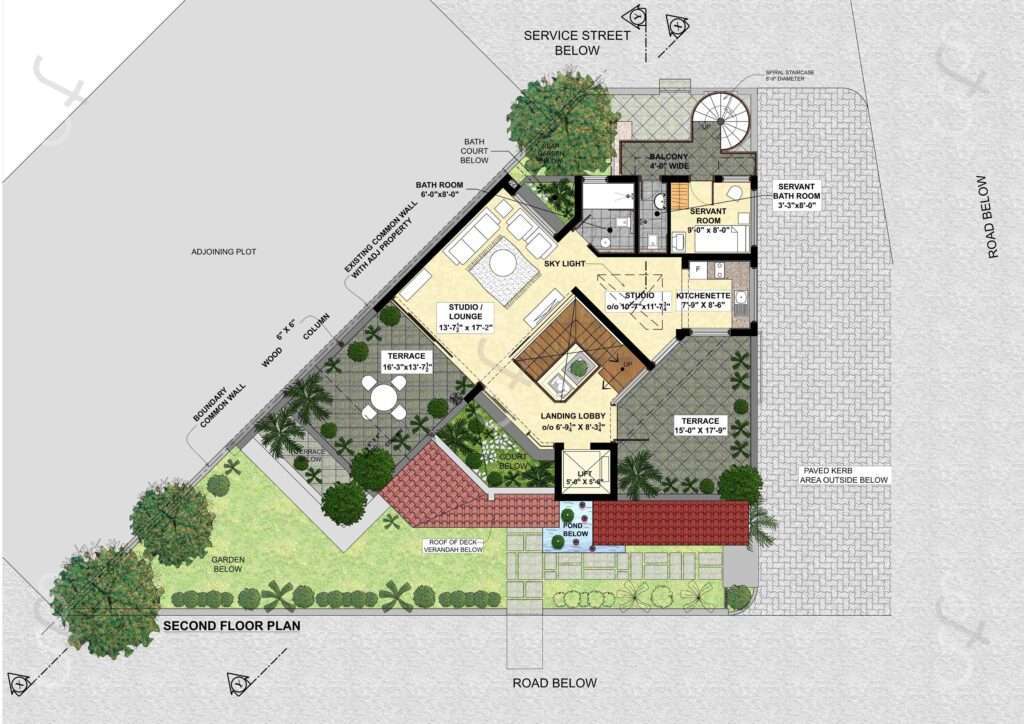Building your dream home is an exciting journey, but it can also be overwhelming. With so many decisions to make, it’s easy to get lost in the process. Whether it’s your first time building a home or you’ve been through it before, the key to a smooth construction experience is preparation, communication, and attention to detail. To help you stay on track, here are five important tips to follow during home construction.

1. Set a Realistic Budget and Stick to It
One of the most common challenges in home construction is budgeting. It’s easy to get carried away with upgrades, luxury materials, and extra features, but keeping track of costs from the start is crucial. A detailed budget will help you avoid financial surprises down the road.
Tips for Budgeting:
- Account for all costs: Include everything from the foundation to finishing touches. Don’t forget about permits, utilities, and landscaping.
- Factor in a contingency fund: Set aside an additional 10-15% of your total budget for unexpected costs.
- Prioritize essential features: If you need to cut back, focus on structural integrity and functionality before splurging on cosmetic details.
With a clear budget in place, you can avoid overspending and ensure that the construction process goes smoothly.
2. Hire the Right Professionals
The success of your home construction project depends largely on the team you hire. Choosing the right professionals will make a huge difference in terms of quality, efficiency, and overall satisfaction.
Key professionals to hire:
- Architect/Designer: They will help bring your vision to life with a custom design plan that fits your needs and budget.
- General Contractor: The general contractor is the main point of contact and will manage the construction, scheduling, and coordination of subcontractors.
- Specialized Subcontractors: These may include electricians, plumbers, HVAC technicians, and landscapers. Be sure to hire licensed and experienced professionals for each trade.
Take your time when selecting the right team. Ask for references, check reviews, and ensure they have a good track record with similar projects.
3. Establish Clear Communication from the Start
Effective communication is key to a successful home construction project. From the initial planning stages to final walkthroughs, keeping lines of communication open ensures everyone is on the same page and helps prevent misunderstandings or delays.
Ways to improve communication:
- Set expectations upfront: Discuss timelines, budget constraints, and design preferences with your team at the beginning of the project.
- Frequent updates: Request regular progress reports to stay informed about how the construction is progressing. This will help you make decisions in real-time and address any issues before they become bigger problems.
- Document everything: Keep a written record of all agreements, changes, and decisions. This helps prevent any confusion down the line.
Clear communication will save time, money, and frustration as you move through the stages of construction.
4. Focus on Quality Materials and Craftsmanship
The materials you choose for your home can impact everything from energy efficiency to durability and aesthetic appeal. While it’s tempting to go for cheaper options, investing in quality materials upfront will save you in the long run by minimizing repairs and maintenance costs.
Tips for selecting materials:
- Energy-efficient options: Invest in energy-efficient windows, insulation, and appliances to save on utility bills and create a more comfortable living environment.
- Durability over trends: Choose materials that will stand the test of time, rather than jumping on temporary design trends that may not hold up.
- Consider the climate: Select materials that are well-suited for your region’s climate, whether that’s weather-resistant roofing or moisture-proof flooring.
The craftsmanship of your construction team is just as important as the materials you select. Quality workmanship ensures that your home will be structurally sound and safe for years to come.
5. Plan for the Future
When designing and building your home, it’s essential to think beyond your immediate needs. Consider how your lifestyle might change over time and plan for future flexibility. This foresight will help prevent costly remodels later on and ensure your home remains functional as your family grows or your needs change.
Future-proofing tips:
- Consider flexibility in layouts: Open floor plans and multipurpose spaces offer the flexibility to adapt to changing needs.
- Leave room for future expansion: If you’re thinking of expanding your family or adding more space in the future, plan for potential additions during the construction phase.
- Smart home integration: Install wiring or infrastructure for smart home features like lighting, security systems, or temperature control that can be added as technology advances.
By planning ahead, you can ensure that your home serves you and your family well for many years to come.




Great breakdown! It’s fascinating how probability can turn dice games into strategic experiences. For those looking to apply similar logic in tech, check out the AI Analytics Assistant for smart decision-making tools.